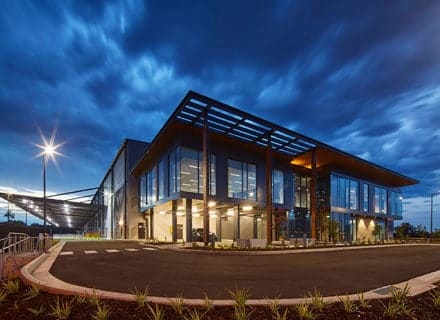5 reasons to consider investing in commercial property

Investing in commercial property can seem daunting to the uninitiated. Here are five reasons you should consider taking the plunge:
- Commercial properties can offer higher depreciation tax deductions than residential properties
While residential property investors can claim 2.5% annually for capital works, commercial properties can attract up to 4% of historical construction costs, depending on the property type and construction commencement date.
The ATO will also deem that some plant and equipment elements depreciate faster within commercial properties – a good example is carpet, which will wear faster in a restaurant or busy office than it will in a residential property. Both landlords and tenants may claim depreciation deductions for certain plant and equipment elements within a commercial property.
- Many residential property investments won’t be as profitable from July 1
From July 1, 2017 deductions for plant and equipment within established residential properties will be greatly reduced due to “housing affordability” measures introduced in the recent Federal Budget.
Many financial commentators predict savvy investors will shift focus from residential property investment towards more cash-flow-friendly (and potentially much more profitable) commercial investment property opportunities.
- Commercial property leases are usually longer
As a solid, long term investment, commercial property ticks plenty of boxes. A standard commercial property lease will see a tenant signing for somewhere between 5 and 20 years, with rent reviewed annually, usually in line with the CPI or 4% (whichever is higher).
Compared to a residential property lease, which is usually renegotiated every 12 months, a commercial landlord can effectively plan further ahead and enjoy lower tenant turnover.
- Commercial tenants are responsible for more outgoings than residential tenants.
A commercial tenant has higher obligations in terms of managing and maintaining the property. Fit-outs are generally at the expense of the tenant and tenants usually pay outgoings such as council rates, insurance, land taxes, repairs and general maintenance.
- You can claim depreciation deductions as both a commercial landlord AND a tenant.
By purchasing a commercial property via a self managed superannuation fund, company or trust, you can effectively pay yourself rent and claim certain depreciation deductions as both the property owner and as a tenant. It’s definitely worth considering if your line of work required physical premises.
Speak to your Financial Advisor about how owning a commercial property might fit into your investment strategy.
